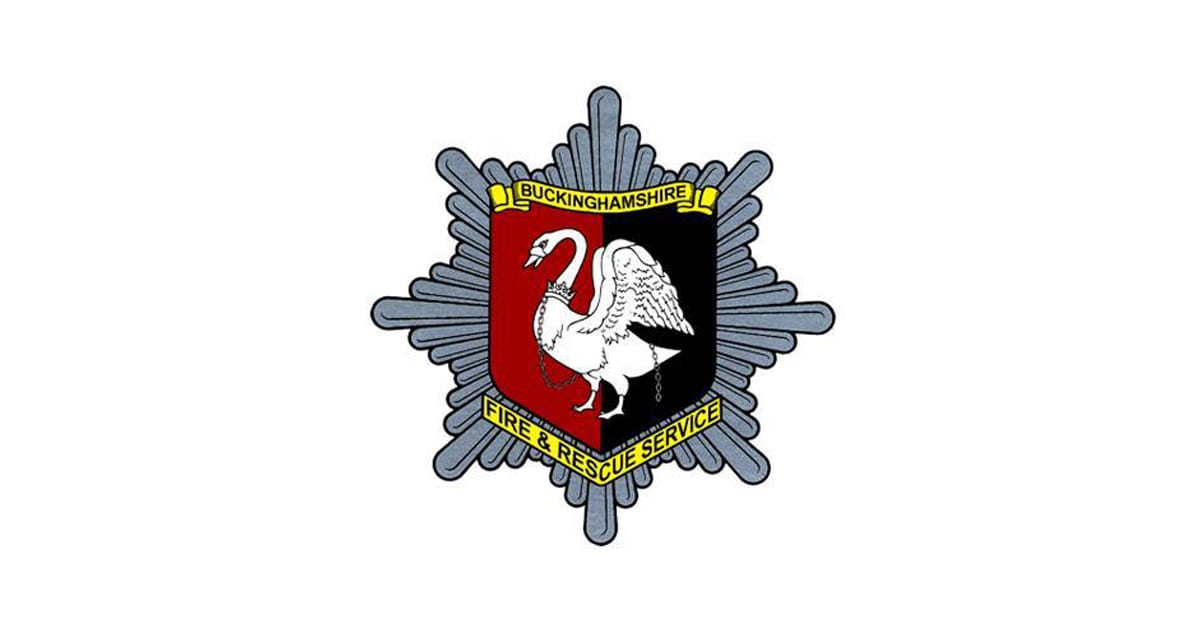How To Avoid False Alarms – 56 Attended Locally In One Week
There is no doubt that fire detection has saved many lives and much property since they became common place in businesses which is obviously a great thing but with this solution comes a new problem and that is the problem of false alarms. There were around 300,000 recorded false alarms in 2013/14 and an estimated cost to businesses of around £1bn per year as they can be extremely disruptive to business productivity and the cost of attending these alarms.
Just looking at Buckinghamshire & Milton Keynes Fire Service list of recent incidents – they have attended 56 false alarms in the last week. So how can you avoid being one of them?
A recent BRE study has uncovered five main causes for false alarms and therefore some ideas of what can be done to at least reduce them.
Smoke Detectors
Smoke detectors are possibly the most common type of detector which has something to do with why they are one of the most common causes for false alarms, but they can also be set off by dust, aerosols, cooking and steam. We can advise you about whether your smoke alarms are in the correct place, if they are the best type of detector for your premises and provide regular monitoring and maintenance to ensure their age is not a factor in their activation.
Manual Call Points
The study shows that the use of protective covers on your manual call points could reduce false alarms by 17% by preventing accidental activation by employees or guests as this ensures setting the alarm requires a dual action process – lifting the cover and then activating. We can advise on this as well as ensuring that your call points are in the best possible locations.
Sprinkler System Pressure
Sprinkler systems can be very complicated, but a drop in pressure within the system can be enough to trigger a false alarm. The study has observed that more research needs to be done here but again, regualr monitoring and maintenance can avoid this.
Training & Awareness
When designing and communicating your fire safety procedures you should consider false alarms and how they can be handled. We can advise on this when installing your system or assessing your existing system. An example may be a delay between initial alarm activation and full alarm activation. What is appropriate in such a case will depend very much on your business and the risks that are present.
Multi-Sensor Detectors
None of the false alarms that were observed in the study came from multi-sensor detectors which is a promising sign. There are many variations to be considered with this sort of detection and further research is required but if you are experiencing false alarms we can advise whether you are using the best sensors and what your alternatives might be.
We cover a wide area around Buckinghamshire and Milton Keynes so please get in touch if you are concerned by false alarms from your system.

